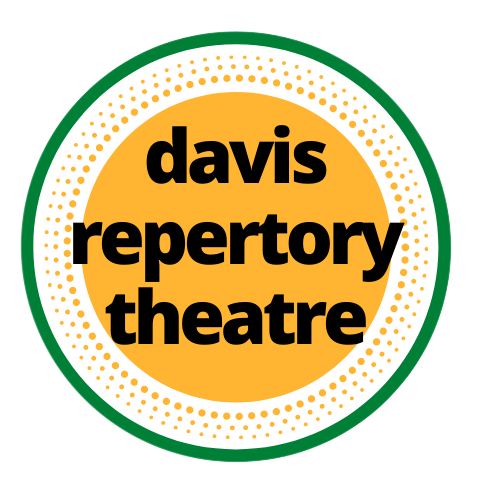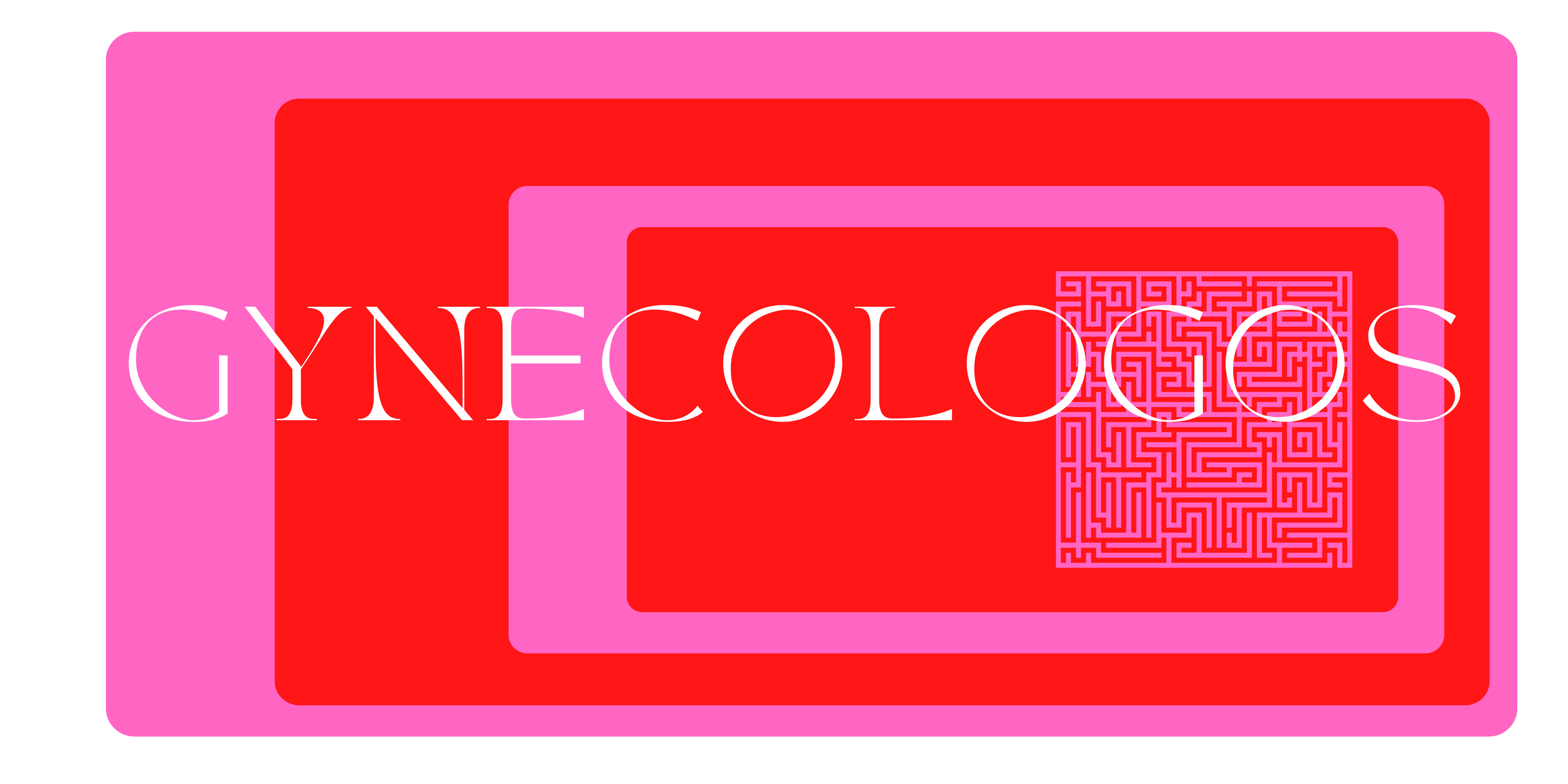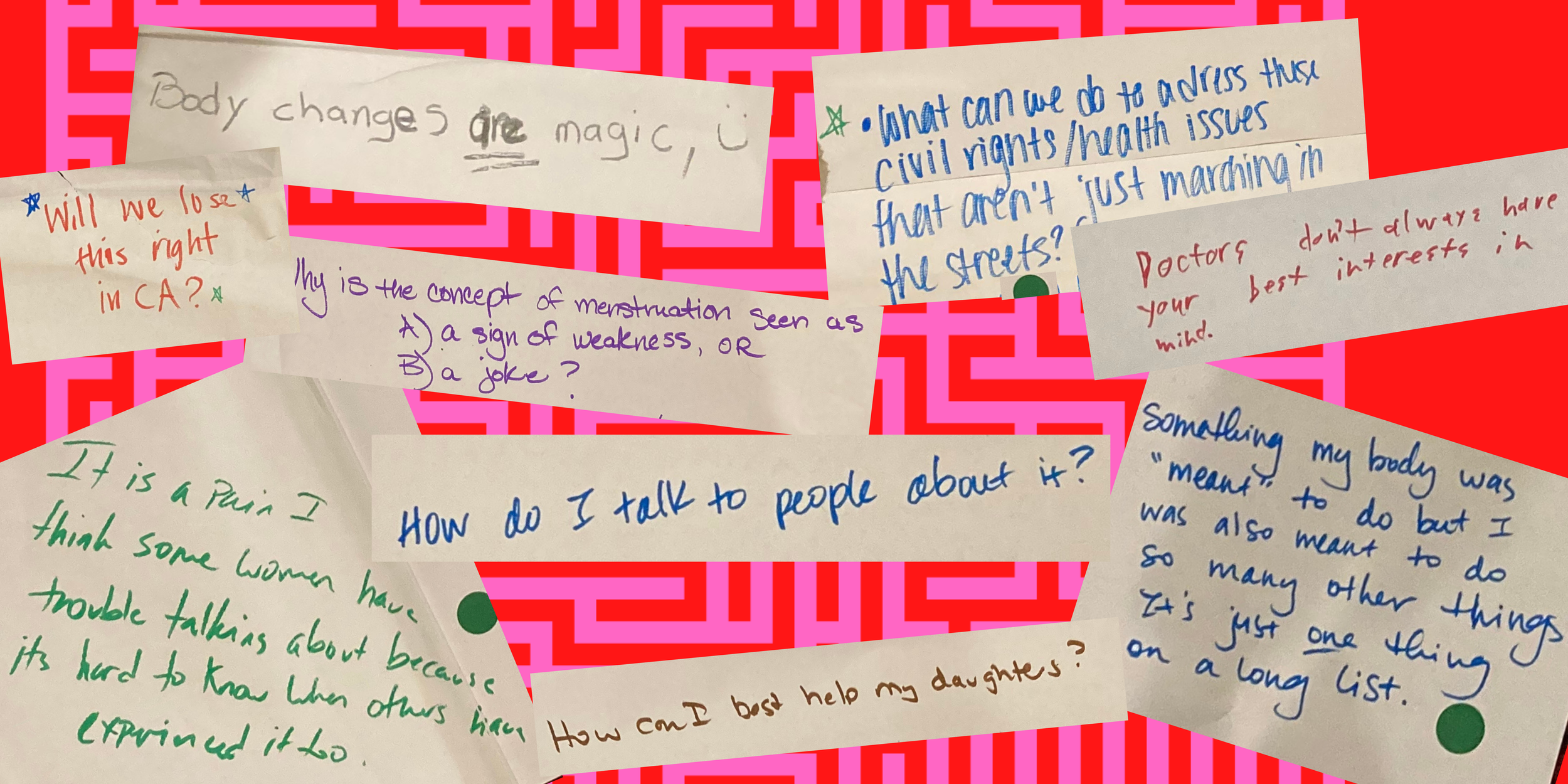What do women know about themselves and their bodies?
What are they told by others?
What if what they know and what they are told doesn’t add up?
Coming March 18 at 1pm to the Stephens-Davis Branch Library, 315 E. 14th Street
Do you need support related to any of these topics? Check our hotlines page for resources.
In February 2023, a group of women gathered to reflect on what we knew and what we wondered about our gender identities, menstruation, sexuality, pregnancy and childbirth, miscarriage, abortion, gynecological health, and menopause.
Together, we composed a list of questions that we took out into our community. We interviewed friends, relatives, coworkers, and health care providers to hear about their challenges, triumphs, hopes, and fears related to these topics.
Our ensemble performance will share some of what we learned in order to celebrate women’s knowledge, affirm our experiences, and hopefully start more conversations about topics that we are discouraged from discussing in public.
OUR ENSEMBLE IS… Oona Hatton (director), V’Santi Tobey (assistant director), Amanda Clifford, Leslie Dumont, Lolita Echevarria-Greco, Kayla Girdner, Jennifer Grace, Fleurette Kersey, Ruth Klein, Annie Velez, Justine Villanueva, and Jasmine Washington.
ADDITIONAL WORKSHOP PARTICIPANTS: Britt Anderson, Jennifer Backs, Monica Frahm, Felisa Yang
WE CONSIDERED MANY TITLES before landing on GYNECOLOGOS. For centuries, Western thought has vilified and silenced women. Concepts like witchcraft, hysteria, and “loose” women perpetuate the belief that women are overly emotional, prone to temptation (or to tempting others), and less intelligent than men.
In the early 20th century, the psychologist Carl Jung characterized men as being guided by “logos,” or logic, and rational thought, and women as being guided by “eros,” or passion. (You’ll read a similar argument in the popular book Men are from Mars, Women are from Venus.) Our title challenges the ideas that 1) women are incapable of reasoning, and 2) that the physical or emotional knowledge we posses is less true or important than the knowledge that comes from reasoning.
We also hope this line of thinking will cause people to question the gender binary, understanding that the distinctions between men and women are in many ways culturally constructed.



